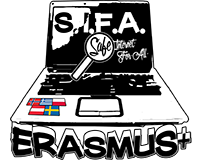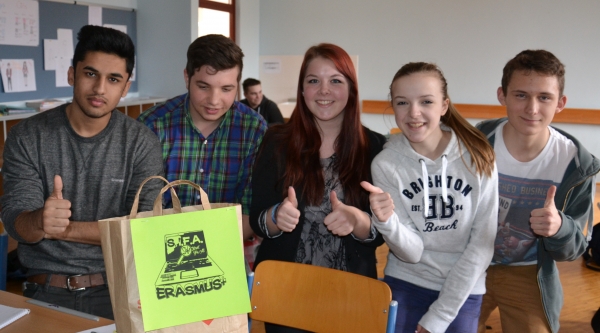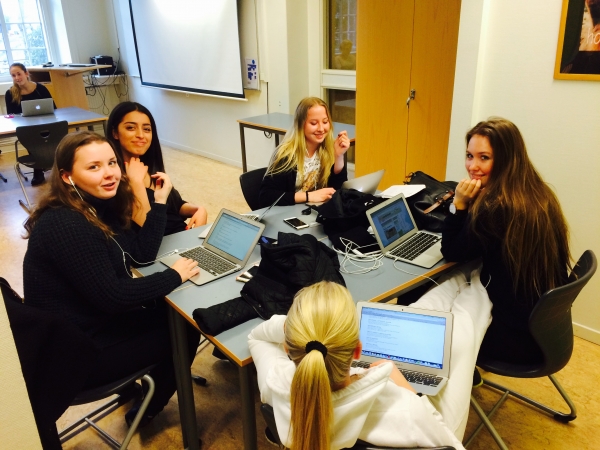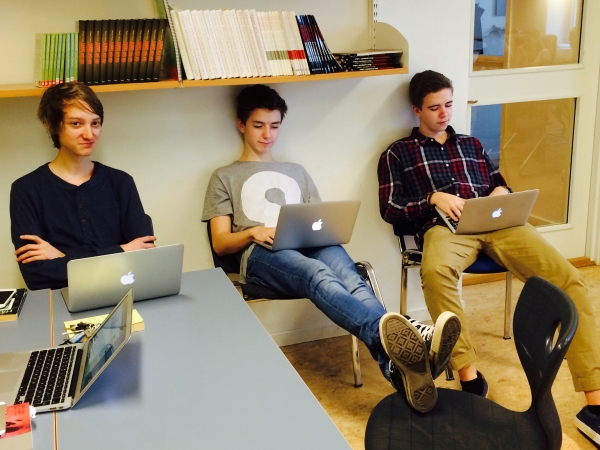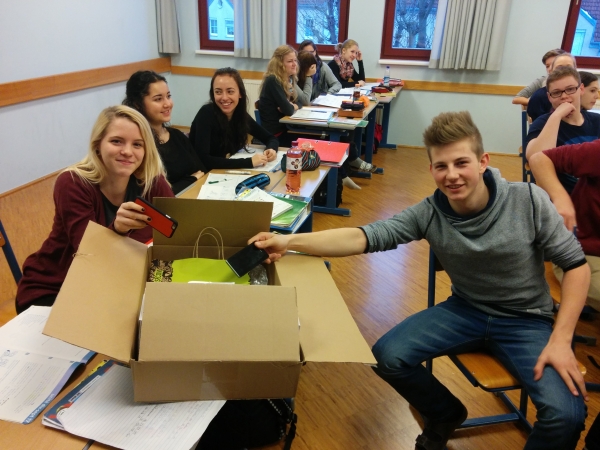Safe Internet Day 2015
“24 hour challenge without Internet and/or mobile phone”
On Tuesday, 9th February 2015, students from the commercial college in Ybbs on the Danube took part in the 24 hour challenge. This meant that the participants avoided the Internet for 24 hours, half of them handed in their mobile phones which were then locked away.
Those who did not hand in their mobiles had to document the number and quality of all the messages they got during these 24 hours (text, mail, WhatsApp); those who had given away their phones wrote a short report about their experiences. Six classes took part, representing at around 150 students; half of them handed in their mobiles voluntarily.
This is extracts from the reports they provided:
“Personally, I would say not having my phone with me 24/7 didn’t change anything. “
“I was very bored without my phone and constantly thought about getting it back the next day.”
“Not having my phone with me all the time got me thinking on how many times a day I actually use my phone.”
“I get to socialize more.”
“I constantly had the feeling of missing something.”
“It is quite satisfying that nobody can ask stupid questions via message.”
“I felt like something was missing.”
“No distraction when you try to be productive.”
“I never knew what time it was because I usually look at my phone to check the time.”
“More focus on the important things.”
The group of students not handing in their phones received an average of 33 messages per day, of which they classified 23% as important and 77% as unimportant. .
The challenge was carried out in connection with the European Erasmus+ K1 project “Safe Internet For All”, www.sifaplus.eu
